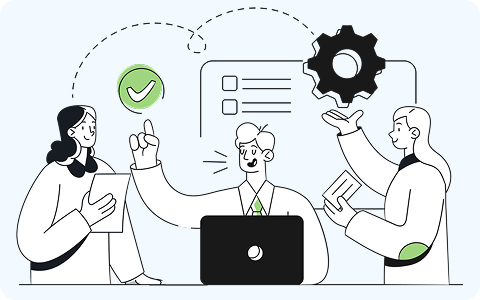
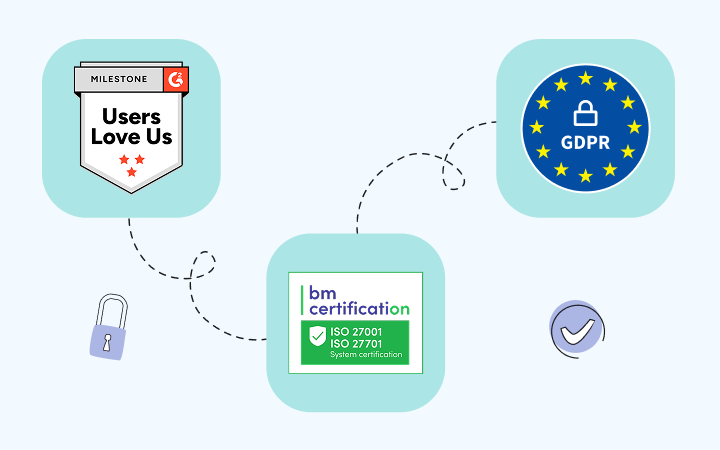
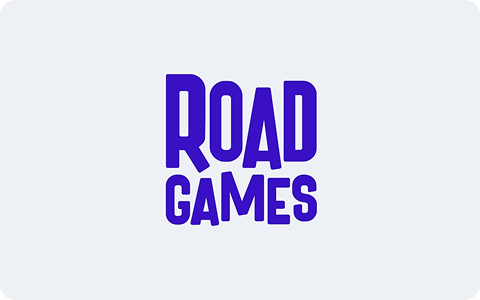
🍪 Allow functional cookies?
We use Zendesk messaging software for easy communication with our clients. Zendesk uses cookies to interact with website visitors and provide chat history.
See our Privacy Policy for more info. You can change your cookie preferences at any time in our Cookie Settings.
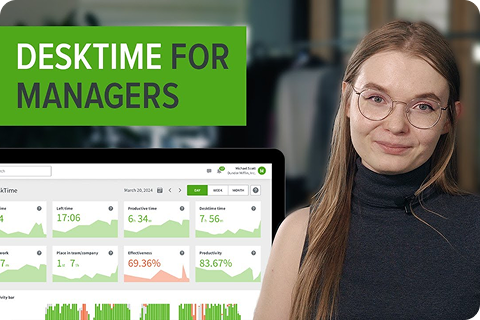



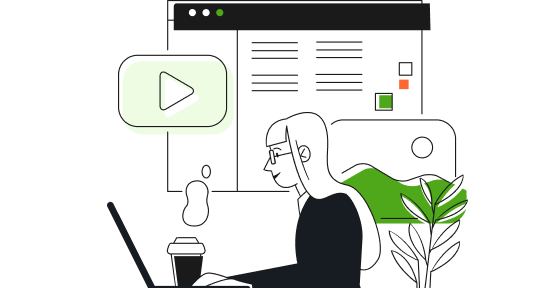
Self-accountability in the workplace isn’t just nice to have—it’s a strategy. Help your team stay focused and future-ready with workflows that support self-led growth.
With DeskTime, self-accountability at work becomes a habit, supporting growth for individuals and teams alike. It’s a catalyst for a culture of self-accountability in the workplace that drives real, lasting impact.
When accountability becomes part of the culture, it allows team members to focus on their work instead of picking up the slack. When collaboration improves, so do the results.
With self-driven accountability, motivation comes naturally. Teams own their work, hit deadlines, and keep projects moving without unnecessary pressure.
Purpose-driven work doesn’t just feel better, it performs better. Teams that find meaning in their roles are more consistent and more likely to stick around.
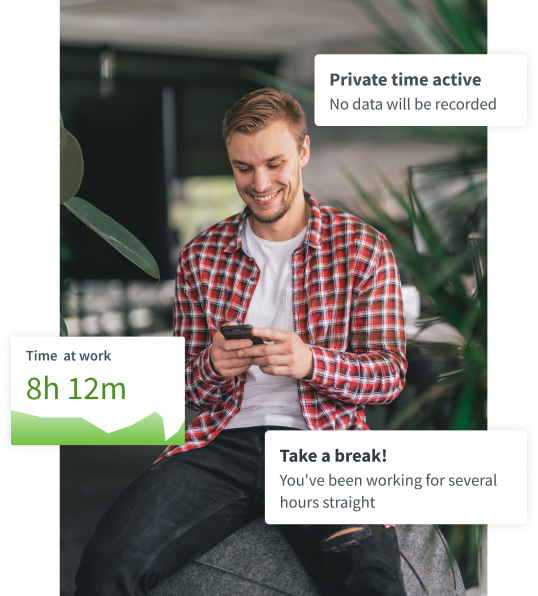
DeskTime shows your workday clearly and leaves no need to guess. Let employees access their own data, making it easy to understand work habits and improve day by day.

Managers get the tools they need to support their teams, without the need to micromanage. Encouraging self-accountability in the workplace helps create a culture that lets performance and results speak for themselves.
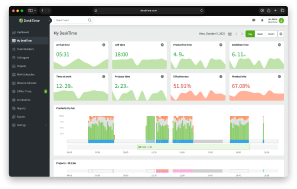
Want to see the ins and outs of DeskTime before signing up?
Try out our free Demo account!
Discover DeskTimeForget manual entries and distractions. With DeskTime, time tracking runs on autopilot—zero effort needed.
4.5 Based on 400+ verified reviews on G2
Self-accountability at work starts with simple habits that lead to game-changing results. The right tools help turn these into second nature, built through everyday action.
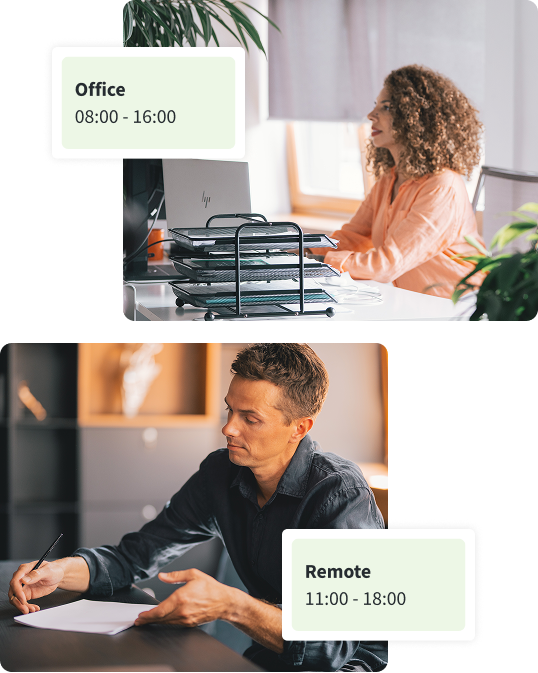

When ownership is shared, teams grow faster, communicate better, and get more done with less friction.
Time tracking isn’t about watching over your shoulder—it’s an honesty tool. Managers will oversee work regardless, but with DeskTime, that oversight becomes a two-way feedback loop that turns transparency into a shared advantage, not a threat. Why not take charge and see the positive impact firsthand?
With DeskTime, you can see your employees' arrival and departure times, analyze their productivity, schedule shifts, oversee absences, maintain a healthy work-life balance, keep track of specific projects, and more.
Intro calls are all about your needs, your goals, and how DeskTime can help you reach productivity success.
Here’s what you can expect: